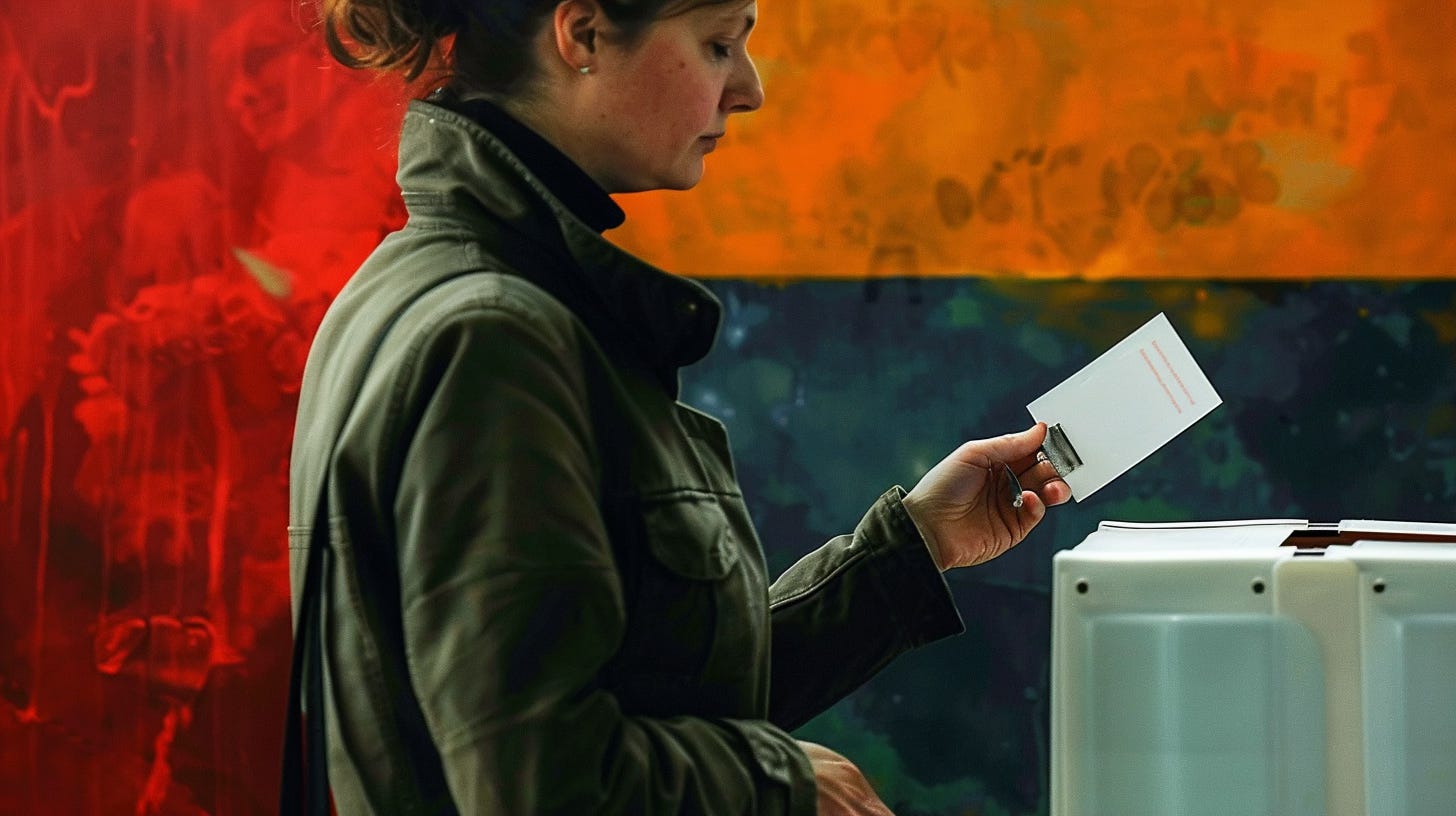ELECTIONS: The Aftermath of Berlin's Bundestag Rerun
CDU and AfD Make Gains Amidst Low Voter Turnout
In a notable rerun of Berlin's 2021 Bundestag election, the city's political landscape saw modest shifts with the CDU, Left Party, and AfD making notable gains, while the SPD, Greens, and FDP faced slight losses. Despite these changes, the overall composition of the Bundestag remained largely unchanged.
Berliners revisited the polls on February 11, with a turnout of just 18.3 percent, to address issues stemming from the disorganization of the previous election. This re-election was prompted by a December ruling from Germany's constitutional court, mandating a revote in 455 constituencies due to logistical issues faced during the original vote, including shortages of ballot papers and significant delays at polling stations.
Chancellor Olaf Scholz’s SPD retained its position as the largest party in the Bundestag and became the most popular party among Berlin voters, overtaking the Greens from the 2021 election. However, the SPD saw a slight decrease in voter share by 1.2 percentage points. The CDU experienced the most significant gain, with an increase of 1.3 percentage points, while the far-right AfD and the Left Party also saw gains of 1.0 and 0.1 percentage points, respectively.
In contrast, the Greens and the FDP, which form part of Germany's governing "traffic light" coalition alongside the SPD, recorded losses of 0.3 and 0.9 percentage points, respectively. This shift in voter preference led to the replacement of four Bundestag members representing Berlin, with new representatives from the same parties but different federal states taking their seats.
Despite weeks of protest against the AfD in Berlin, the far-right party managed to increase its vote share by 1 percent. All major opposition parties saw slight gains at the expense of the ruling coalition, indicating a reshuffling of political allegiances among Berlin's electorate. However, the low overall turnout, combined with the restricted scope of the re-election to a fifth of the city's electoral districts, suggests that the broader implications of these results may remain limited.
The rerun underscores the ongoing challenges and dynamics within Berlin's political scene, reflecting broader national trends of political realignment and the complexities of governance in Germany's capital.
What do you think? We want to hear your opinion!
Be part of the conversation inside the IWB community. Share your opinions and check out the insights of other women in Berlin.
✨ Support International Women in Berlin✨
Help us empower women in Berlin! With every €1 donation, you say a heartfelt 'thank you' to our independent project dedicated to helping women thrive in Berlin. For €5 or €10, enjoy exclusive perks and access to IWB events. Your contribution is vital for us to continue creating a supportive community. 💌 Donate Now – Let's succeed together in Berlin!




